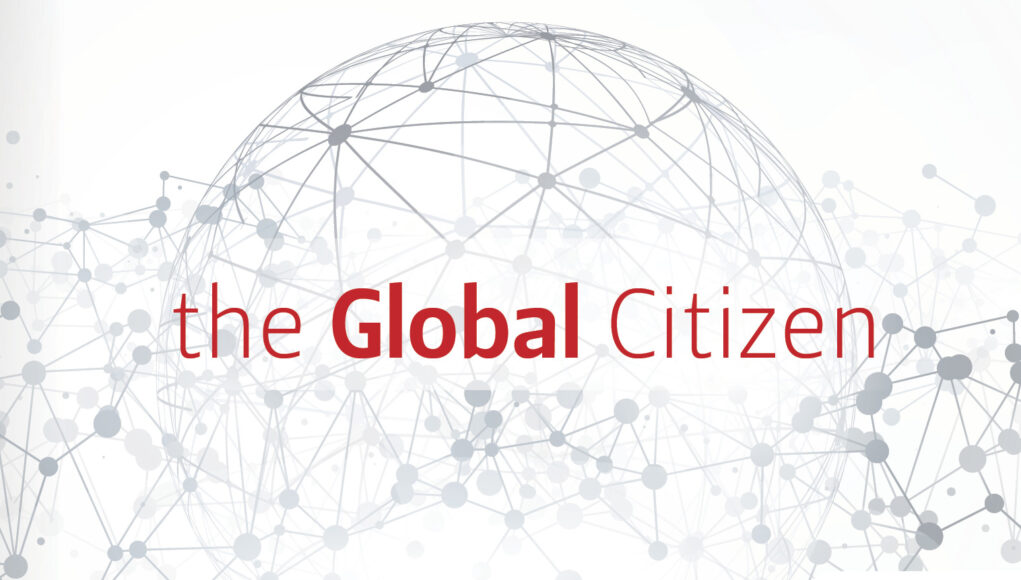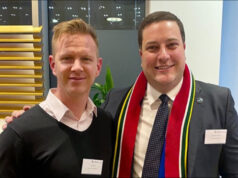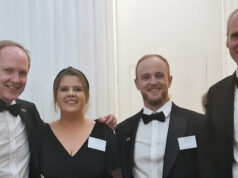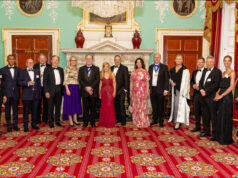The South African Chamber of Commerce (UK) hosted the third instalment of Courageous Conversations – The Global Citizen, on 30 July 2021. This is a series aimed at unpacking how the world is attempting to rebuild the global society in the light of the pillage of the COVID-19 pandemic. This segment focused on the status of global sustainability goals in relation to the effects of the COVID- 19 pandemic.
The panel included the University of Free State (UFS) Vice Chancellor, Professor Francis Petersen and distinguished economist, Professor Jeff Sachs who serves as the President of the UN (United Nations) Sustainable Development Solutions Network (SDSN), Professor at Columbia University, Director of the Columbia University Earth Institute, and Global Leader on Sustainability.
The panel focused on two of the global sustainability goals, climate change and good health and well-being, and specifically access to medical supplies and vaccines.
Professor Petersen began by highlighting the dichotomy in how nations have responded to the pandemic, on one hand exhibiting nationalism and protectionism, focusing on their own interests as a priority – as particularly evident in vaccine acquisition – and on the other, creating a greater understanding of the interconnectedness of the world, and an appreciation that what affects any one of us can affect us all.
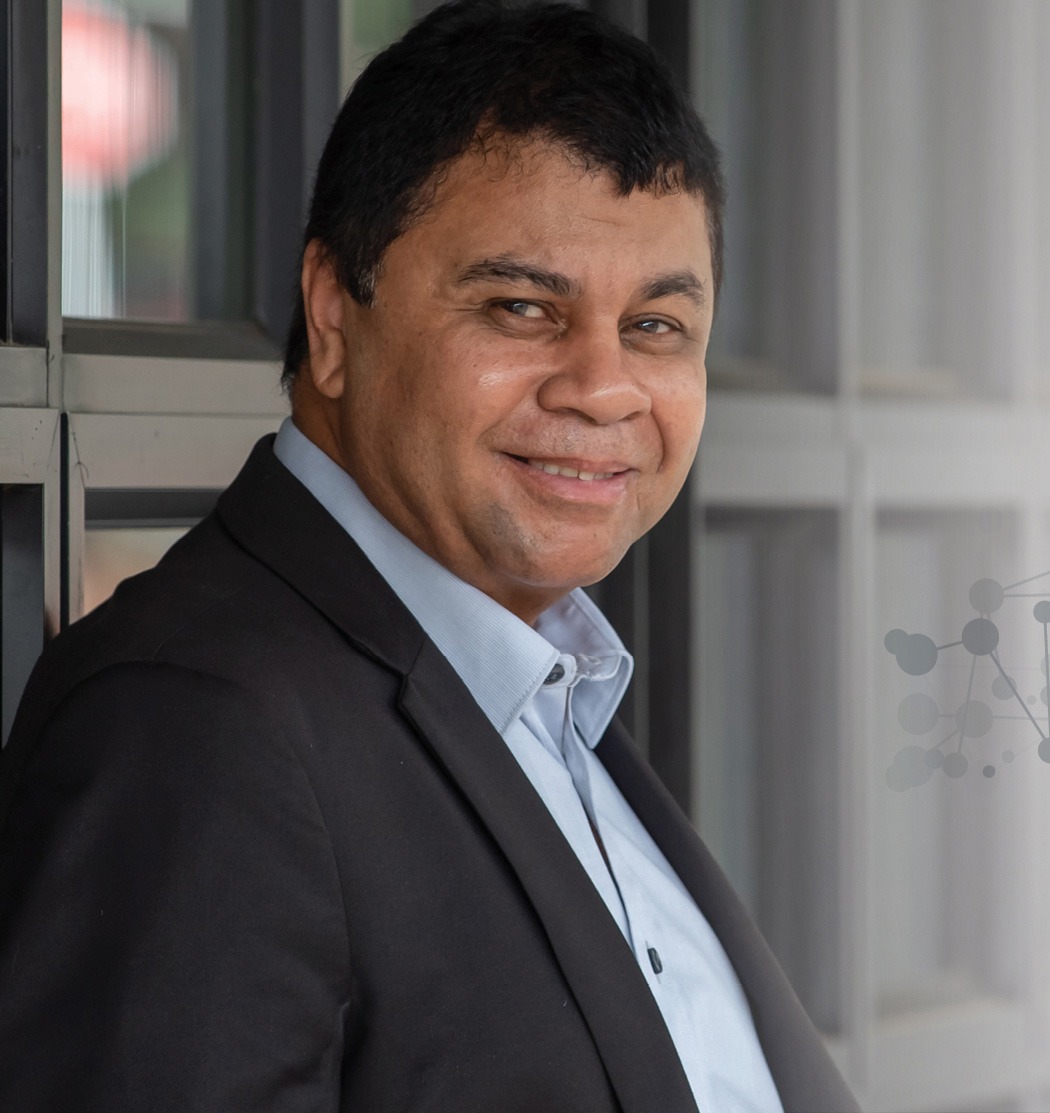
Professor Peterson drew attention to how the pandemic has increased our reliance on technology, bringing the world closer together by making it easier than ever before for people to communicate and access information. For those without fast internet access, as a result of poverty, however, this has resulted in a widening of the “digital divide” and has created a “windfall” for tech companies such as Google and Amazon, which in turn represents a significant increase in global wealth inequality.
Professor Sachs agreed, paraphrasing his mentor, biologist E O Wilson, saying “We have entered the 21st century with paleolithic emotions, medieval institutions, and god-like technology.”
Highlighting the surprising speed at which the pandemic had spread around the globe, Professor Sachs opined that global thinking isn’t something that comes naturally to most people. As politicians are elected locally, they tend to focus only on local issues, only becoming concerned about global issues as and when they affect them directly. To illustrate this, he talked about the impact of extreme weather in the US this summer. “The climate is just like the pandemic, you don’t make your own climate”, he stated. He particularly admonished some media moguls, like Rupert Murdoch, for defending the narrow economic interests of the fossil fuel industry and using their influence to create “a more selfish, unfair and short-sighted world.”
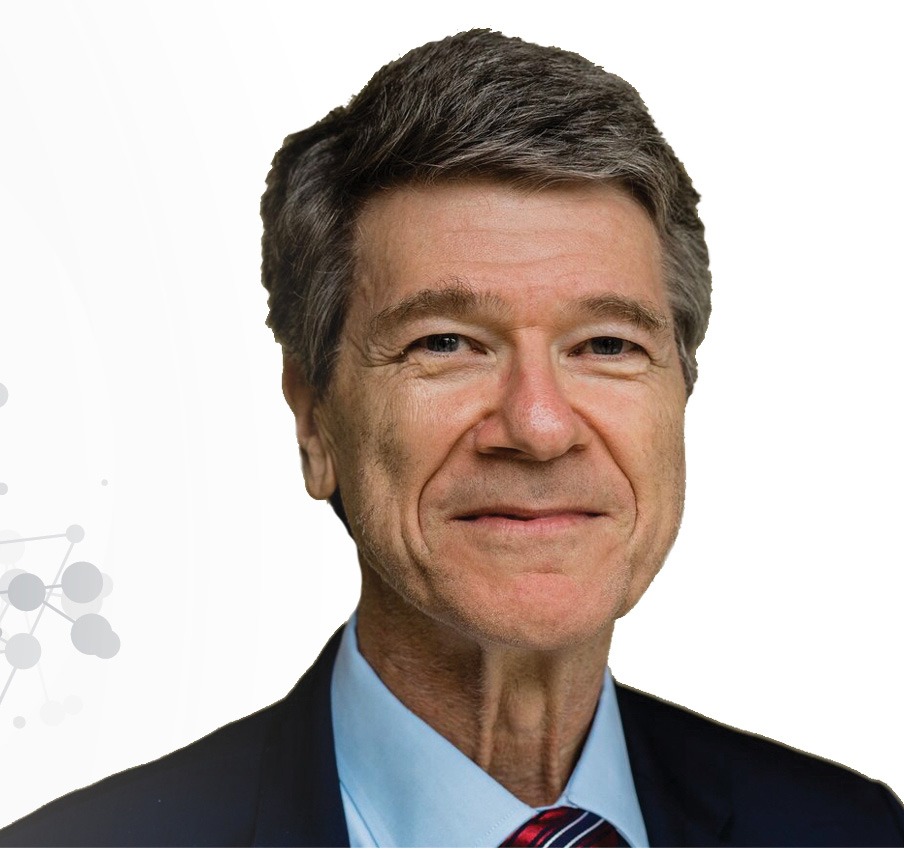
Professor Sachs then criticised vaccine suppliers for not making the vaccine available to the UN for distribution to developing countries, saying the “plan for fair global distribution was never made.” He explained that in his opinion this was due to the lack of representation of developing countries within the G20, and argued that the AU should have a permanent seat – which might spur the G20 to address issues such as vaccine distribution.
He then drew a parallel between global inequality and inequality with the USA internally, saying “we had apartheid in the United States for most of American history, first slavery, and then we had 100 years of apartheid, and it’s not really over.” Pointing to resistance to the recently proposed infrastructure bill in the US, he argued that without state investment into wider internet access for the poorest sections of society, wealth inequality could only increase.
Criticising the decline of global institutions like the UN, World Bank and WHO, he called on Joe Biden to provide leadership in reforming the global financial and governance infrastructure to meet the new challenges in the world today, particularly for developing countries to be able to access finance at less punitive rates. He urged the US to step back from a trade war with China, in favour of greater cooperation on global issues.
Moving the discussion back to climate change, Professor Petersen expressed sympathy with the idea that already advanced economies share a greater historic responsibility for climate change, and should therefore do more to meet the costs incurred by developing countries for clean technology and reducing carbon emissions.
Professor Sachs responded by emphasising that the costs for adapting to extreme weather and rising sea levels resulting from existing changes in the climate will already be enormous. He said it was exactly right that the US and other wealthy countries should foot the bill for the consequences of their high carbon output, saying “You don’t just get to walk away from the past… we need some truth and reconciliation, I would say.”
There was a consensus that historical responsibility, financial reform, decarbonisation, universal connectivity and vaccination are some of the key factors needed to attain sustainability goals. The need for the inclusion of Africa in the G20 was also underlined if global economic stability and sustainable growth are ever to be achieved.
In his conclusion, Professor Sachs said “we know that if three gazillionaires can take a 10 minute trip into space… this planet is plenty wealthy enough to actually achieve sustainable development.”
Watch the full discussion below:

